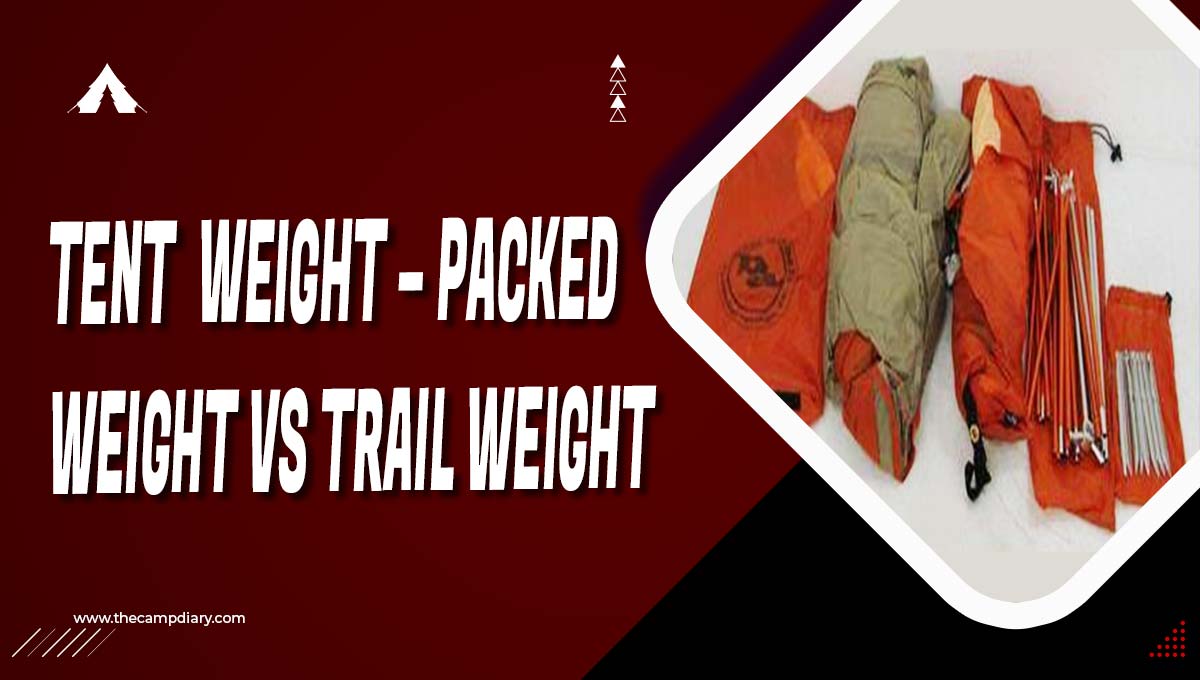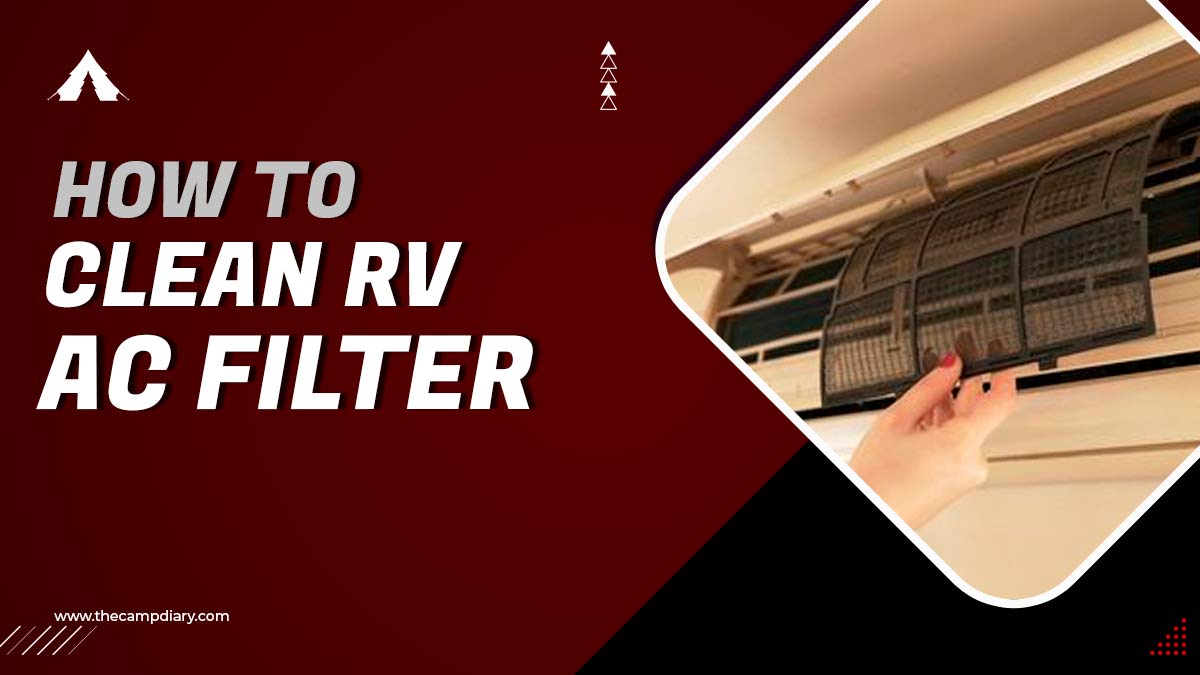Are you trying to figure out what tent is best for you? It can be tricky with all the different options on the market these days. One thing you want to pay attention to is the weight of the tent – both packed and trail weight. In this blog post, we’ll take a look at what factors go into determining a tents packed and trail weight and offer some tips on how to choose a lightweight tent that still meets your needs.
When it comes to weight, there are two things you need to consider – packed weight and trail weight. Packed weight is how much the tent weighs when it’s fully packed up in its carrying case or backpack. Trail weight is how much the tent weighs without any of its accessories – poles, stakes, rainfly, etc. So which one should you focus on?
Tent Weight
The weight of your tent is important for a few reasons. First, the lighter your tent, the easier it will be to carry on your back. If you’re planning on doing any backpacking, you’ll want to pay close attention to a tent’s trail weight.
Second, the weight of your tent will affect how much your campsite costs. If you’re car camping, weight isn’t as much of a concern. However, if you’re flying to your campsite or taking a train or bus, every pound matters. The lighter your tent, the less it will cost to transport.
Trail Weight
As we mentioned, trail weight is the weight of your tent without any of its accessories. This is the number you want to pay attention to if you’re planning on doing any backpacking. The lighter your tent, the easier it will be to carry on your back.
However, don’t sacrifice too much in terms of features just to save a few ounces. Make sure your tent has all the features you need and that it’s made from high-quality materials. A lightweight tent is only good if it’s also durable and weatherproof.
Packed Weight
Packed weight is the weight of your fully packed tent including all its accessories – poles, stakes, rainfly, etc. This is the number you want to pay attention to if you’re flying or taking public transportation to your campsite.
The lighter your tent, the less it will cost to transport. However, don’t sacrifice too much in terms of features just to save a few ounces. Make sure your tent has all the features you need and that it’s made from high-quality materials. A lightweight tent is only good if it’s also durable and weatherproof.
Which Weight is Most Accurate?
The weight of your tent can vary depending on which company you’re buying from and how they measure their tents. For example, some companies might include the weight of the rainfly in their trail weight while others don’t.
To make things even more confusing, there’s no industry standard for measuring the weight of a tent. This means that one company’s “trail weight” might be another company’s “packed weight”.
The best way to compare the weights of different tents is to look at the specs for each one. This will give you a more accurate idea of how much your tent will actually weigh.
How to Choose a Lightweight Tent
Now that you know what factors to consider when choosing a tent, how do you actually choose a lightweight tent that meets your needs? Here are a few tips:
- Start by thinking about how you’ll be using your tent. If you’re planning on doing any backpacking, you’ll want to focus on trail weight. If you’re flying or taking public transportation to your campsite, focus on packed weight.
- Don’t sacrifice too much in terms of features just to save a few ounces. Make sure your tent has all the features you need and that it’s made from high-quality materials.
- Look for a tent with a simple design. The fewer poles and parts, the lighter your tent will be.
Read Also : What Are Tent Made Of?
Conclusion
A lightweight tent is a great investment if you’re planning on doing any backpacking. The lighter your tent, the easier it will be to carry on your back. Just make sure you don’t sacrifice too much in terms of features just to save a few ounces.
Frequently Asked Questions
How much does a lightweight tent weigh?
The weight of a lightweight tent depends on the company you’re buying from and how they measure their tents. To get an accurate idea of how much your tent will weigh, look at the specs for each one.
Is it worth it to buy a lightweight tent?
Yes, a lightweight tent is worth the investment if you’re planning on doing any backpacking. The lighter your tent, the easier it will be to carry on your back. Just make sure you don’t sacrifice too much in terms of features just to save a few ounces.
What are the best lightweight tents?
Some of the best lightweight tents on the market include the REI Co-op Half Dome 2 Plus, MSR Hubba NX, and Big Agnes Copper Spur HV UL2.




![How Much Wind Can A Tent Withstand [2023 Guide]](/uploads/how-much-wind-can-a-tent-withstand.jpg)
![How To Boil Water On A Grill [2023 Guide]](/uploads/how-to-boil-water-on-a-grill.jpg)
![15 Tips to Keep Bees Away From Your Campsite [2023 Guide]](/uploads/how-to-get-rid-of-bees-while-camping.jpg)